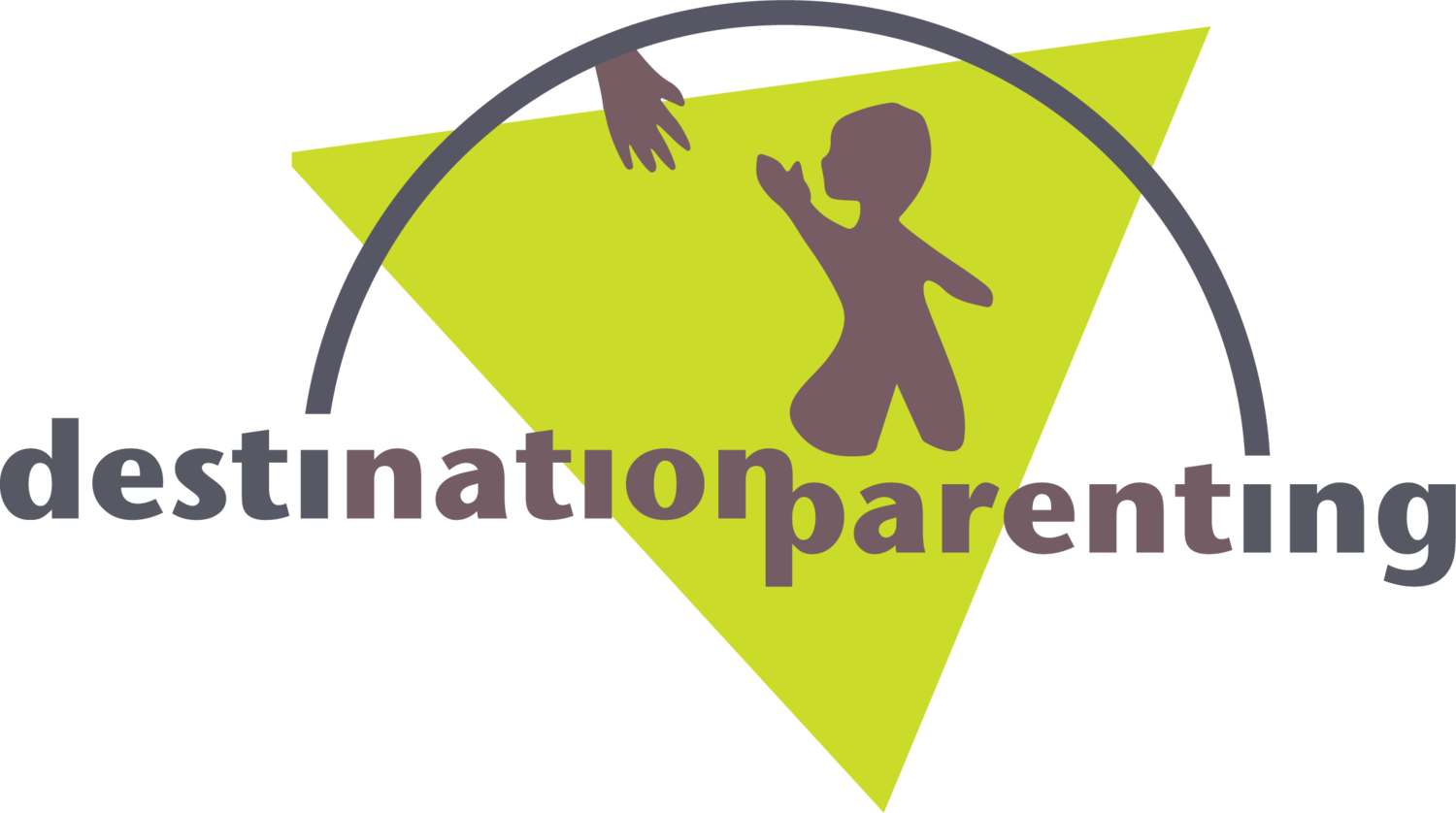Manners For Minors
Recently I traveled to Austin, TX and encountered something that I’ve seen very little of here in New England: manners. Whether it was a clerk in the grocery store or a professor or the restaurant waiter, everyone was polite. Not “fake polite”, but truly gracious and interested in others. Even children seemed more civil, right down to calling their elders “Miss (insert name)” and shaking my hand when they met me. While it felt old-fashioned (and reminded me of the Waltons), it was also a refreshing change to be treated with such respect. Then, on the airplane ride home, I read an article about the demise of the personal thank-you note, which is apparently being replaced by mass e-mails! I started wondering about where our civility has gone, and how we can get it back, particularly in our children’s lives.
Now don’t get me wrong. I hear lots of parents urging their little ones to say “please” and “thank you” when they are given a gift. That’s a good start, but let’s face it. It’s not the words that matter, it’s the feeling & motivation behind them. I love hearing a child say (or write) something in their own words, like “That’s really cool. Thanks, I can’t wait to show my friends!” Kids need to learn that expressing their gratitude is not just something they “should do”, but that it feels good to share their joy with others.
Manners go far beyond please and thank you, though. One area that I’ve noticed kids need some coaching in is introductions. It’s helpful to practice with your child different ways that she can introduce herself to new people. Eye contact, for example, is important. Some kids intuitively know what to do, but others, especially shy ones, can find such situations baffling. They become mute, or hide behind their parents and wait for the world to come to them.
How can a parent help? Encourage your child to look up and smile instead of looking at the ground or shuffling her feet while you introduce her to a new playmate. Help her with some words ahead of time: “Hi. I’m Macy. Want to go down the slide with me?” Role play what to do when the other child is hesitant or refuses to join: “OK, maybe I’ll see you over there in a while.” Or “What would you like to do?” That way your child won’t see a refusal as a personal rejection. The goal is to ease her into these social interactions so that you don’t need to always be there. It’s all about building her self-confidence.
Point out to her when you see other children being nice to one another, taking turns, or even being mean to one another. Discuss how she can address rudeness in other kids. If, for example, one child says “You can’t play with us”, let her know she has choices in how to respond. She can walk away (which won’t feel good), she can approach another child in the group and say “I’m really good at this, can I show you?” or she can ignore the rude child’s refusal and say “This game’s for anybody, you’re not in charge.” Most kids don’t have the backbone for the last one, but what’s interesting is bullies often pull back when they realize a person won’t back down. (I actually see early social coaching as a way to prevent bullying and aid potentially vulnerable kids by giving them skills and words to use with their peers.)
Stress to your children that manners are also a way to show respect for others. Demonstrate it yourself, by holding the door open for the person behind you or offering to let someone go in front of you in the check-out line. Most adults will say thank you or smile or in some way give positive feedback. You’d be surprised at how such simple gestures pay off, and your children will notice the positive vibes as well. It’s also helpful to remind your children that manners are not just for special occasions, but are used everyday. Any time your child offers spontaneously to help with a household chore (even if it’s as basic as changing the toilet paper roll) she is showing you that she is thinking of others. Let her know that you noticed!
Teachable moments about manners happen all the time. It’s just a question of whether we prioritize civility in our lives. If we are polite and refuse to tolerate rudeness in others, we are demonstrating our values to our kids. They’ll learn that people treat them better when they are respectful, they’ll feel more comfortable in new social settings, and they’ll seem oh-so-grown up at times. And when someone compliments you on your well-behaved kids, be sure and thank them!
*********************************
Maureen O’Brien, PhD is a developmental psychologist and mother of twins who lives in Boston. She lectures and consults on child development and parenting issues and is the author of the parenting series, Watch Me Grow: I’m One-Two-Three.



